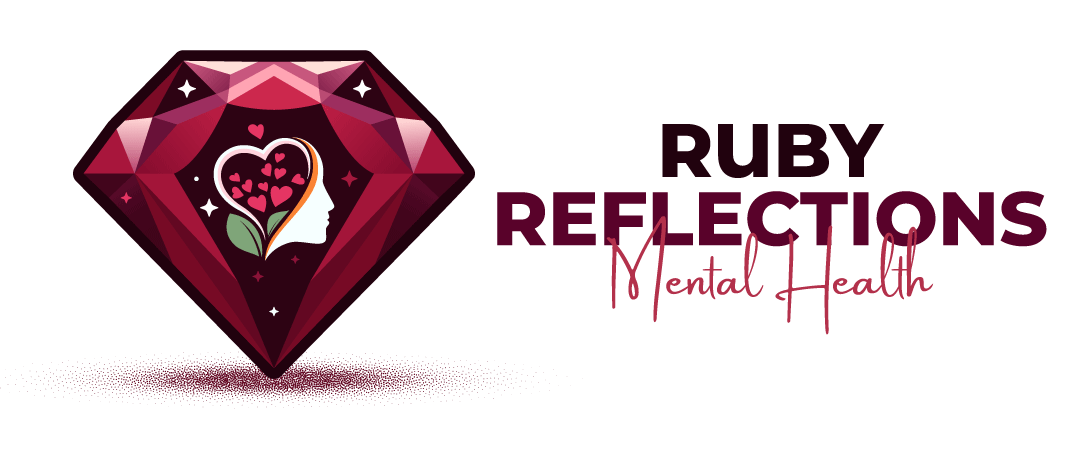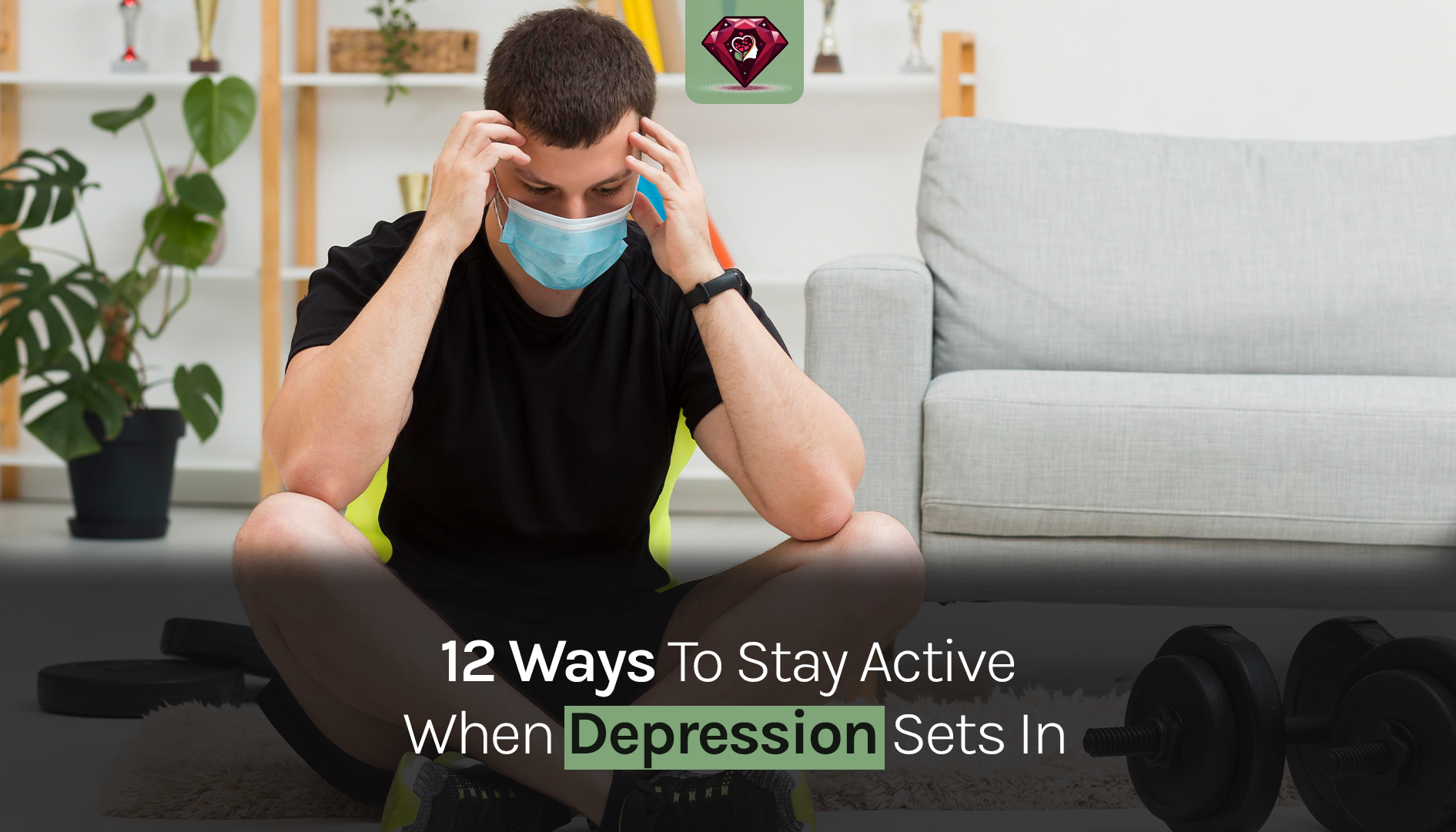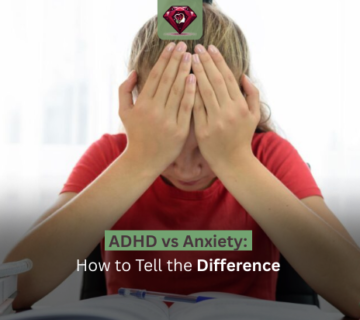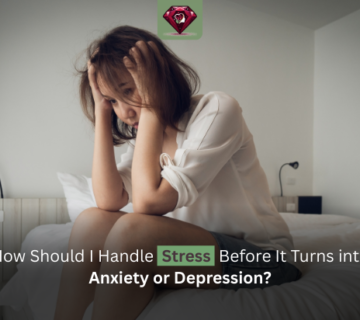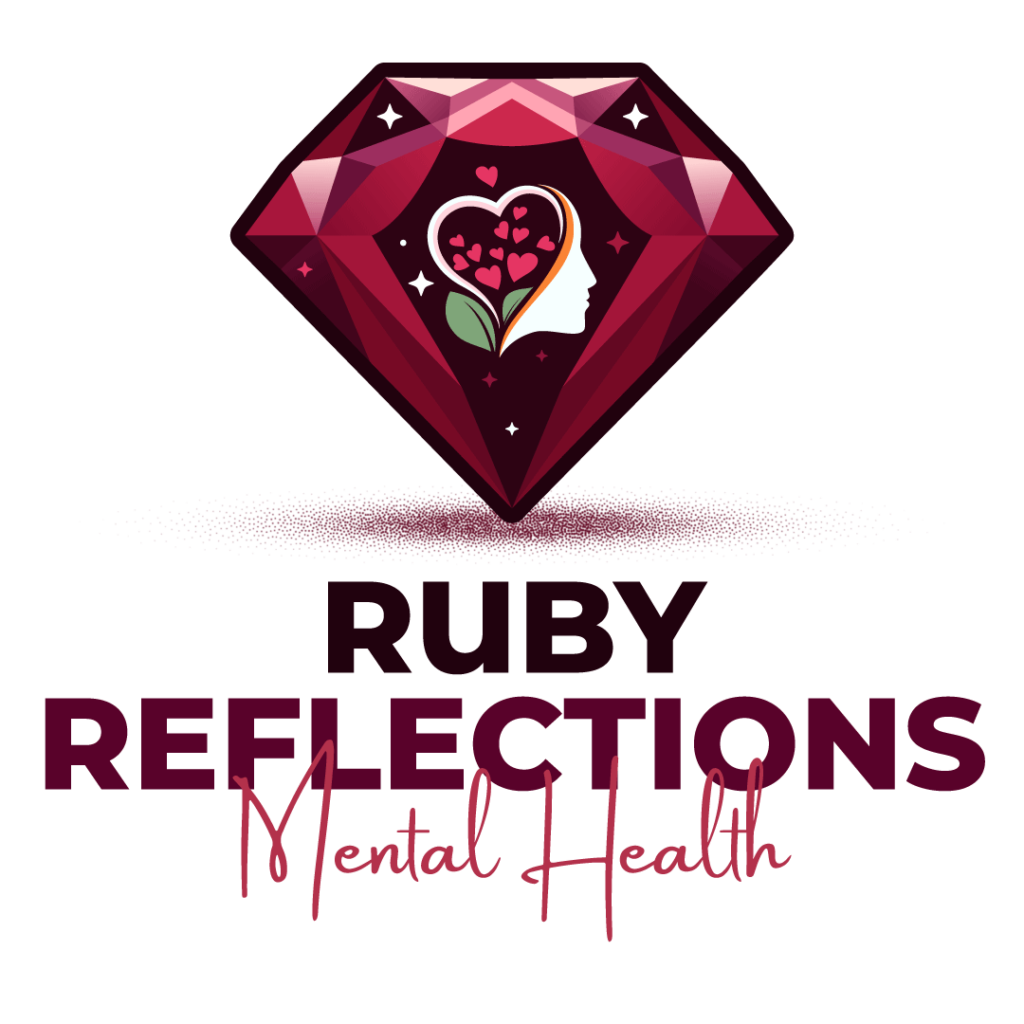There’s this heaviness that settles in with depression. It’s quiet and you can feel it deeply. Staying active when depressed can be hard.
Even the simplest movements can feel far away. And yet, the body often craves exactly that.
Staying active through a low period isn’t about discipline or pushing through. It can be about honoring where you are.
Think of it as a micro-movement. These small and intentional gestures support your system without asking too much.
Staying Active When Depressed: Here’s What You Can Do
1. Move for Just Five Minutes
Start small. Set a timer for five minutes. Stroll around your home. Stretch on the floor. Do a few jumping jacks between episodes.
When the timer goes off, stop, unless your body wants more.
Sometimes five minutes turn into ten. Sometimes they don’t. Either way, you moved. That matters.
2. Add Movement to What You’re Already Doing
You don’t have to carve out separate time for movement. Gently fold it into your existing routine. These tiny moments can add up.
Simple ways to bring movement into your day:
- Walk during phone calls
- Do calf raises while brushing your teeth
- Take the stairs when you’re able
- Park a little farther from the store
3. Let Household Tasks Be Enough
Movement doesn’t have to look like exercise. Sometimes, it looks like tidying your space, washing dishes, or folding laundry.
Everyday actions that gently wake the body:
- Make your bed each morning
- Tidy one drawer or shelf
- Sweep the floor
- Fold and put away laundry
These moments give your body motion and your mind a sense of clarity.
4. Try Gentle Stretching
Stretching can ease physical tension that often builds with depression. It can be done in bed, on the couch, or standing at the sink.
Movements to explore:
- Shoulder and neck rolls
- Spinal twists while sitting
- Stretching arms overhead
- Hip circles while standing
- Pointing and flexing your feet
There’s no right way; you only have to do what feels good to you.
5. Use Water as a Support
Water can make movement feel lighter. It can be swimming, showering, or simply standing at the edge of a lake.
Soothing ways to move in or near water:
- Take a warm shower and do slow stretches
- Try gentle water walking at a pool
- Move your arms in shallow water
- Sit in a bath and do light leg movements
- Walk barefoot along a beach or shoreline
6. Explore Simple Bodyweight Movements
You don’t need equipment. Your own body is enough.
Start with movements like:
- Wall push-ups
- Chair-supported squats
- Lunges
- Planks
Begin with just a few reps. Let yourself build from there.
7. Notice Your Energy Patterns
Depression affects everyone differently. Some people feel slightly more energized in the mornings. Others find a small lift in the evening.
You can:
- Track your more energized moments
- Gently move during those windows
- Skip movement when energy is low
- Adjust day to day, with kindness
Two minutes of movement can make a lot of difference.
8. Walk With Purpose
Give yourself a reason that feels grounded in your life.
Ideas to try:
- Walk to the mailbox
- Go to a nearby café and grab a matcha
- Return something to a neighbor
- Walk the dog
- Take a loop around the block while listening to music
Purpose can give movement a sense of ease.
9. Combine Movement With Breath
Pairing gentle motion with breath is grounding. It helps regulate the nervous system and reconnect the body and mind.
Combinations to try:
- Inhale as you lift your arms, exhale as you lower them
- Walk slowly and sync your steps with your breath
- Do arm circles with intentional breathing
- Stretch while taking full breaths in and out
- Stand and sway gently with awareness
10. Try Gentle Self-Care Movement
Not all movement needs to be active. Some of the most potent practices are still slow and deeply nurturing.
Try this when you need a softer approach:
- Give yourself a foot massage
- Roll out your shoulders
- Gently swaying
- Stretch in bed
11. Move With Others When It Feels Supportive
If being with someone helps you move, lean into that. But always on your terms. Social movement should feel encouraging.
Possibilities:
- Ask a friend to go on a walk
- Join a gentle yoga or tai chi class
- Move with family members at home
- Walk dogs with a neighbor
- Explore low-pressure group activities
Connection can be healing when it feels safe.
12. Match Movement to Your Mood
Your energy will shift from day to day. Let your movement meet you there, instead of forcing yourself into a fixed routine.
Some days you might:
- Stretch quietly in bed
- Take a long walk
- Put on music and move freely
- Sit still and breathe
No need to push. What matters is showing up for yourself in whatever way you can.
Why This Helps
Research has shown that movement is capable of enhancing mood.
It releases endorphins, serotonins and BDNF. These are brain chemicals responsible for your emotional regulation and cognitive performance.
However, more than the science, gentle movement returns you to your body. It asks you to show up and pay attention to yourself in some way that matters.
Begin Where You Are
You don’t need to do everything. You don’t even need a plan. Just start with one moment.
Healing is layered and personal. At Ruby Reflections Mental Health, we honor that. We provide integrated telehealth care.
If you are struggling with depression, burnout or a life transition, we can help.
Reach out for professional guidance and support.
